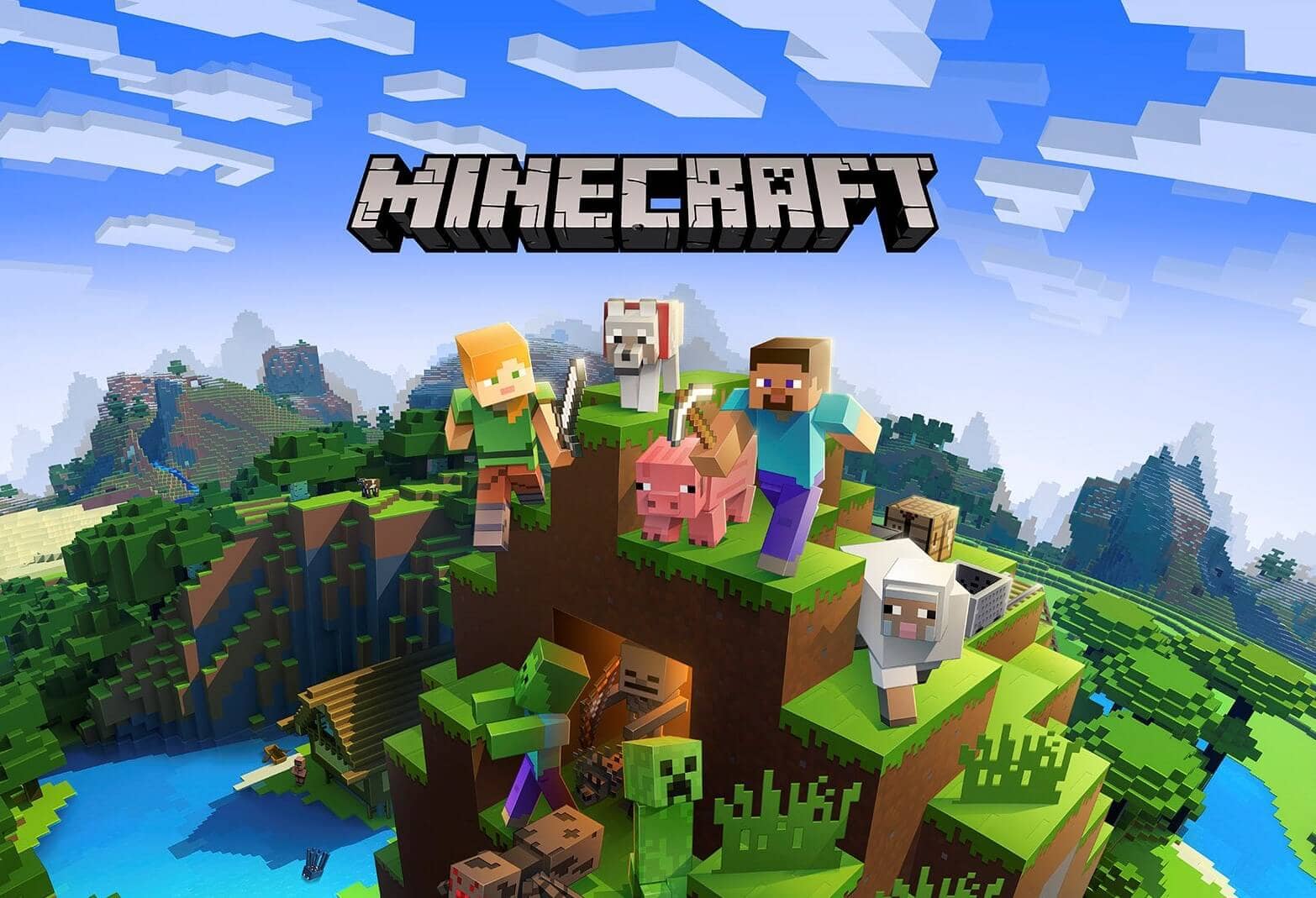
Introduction
Video games have come a long way since their inception, with incredible advancements in graphics, sound, and gameplay mechanics. However, one aspect of gaming that has remained constant is the presence of glitches. These unexpected errors in a game’s code can be frustrating for players, but they have also had a significant impact on the gaming industry. In this article, we will explore how glitches are changing the future of gaming.
Technological Errors and Gaming
Technology glitches have become increasingly commonplace in the digital world, affecting everything from apps and software to gaming and other online services. Despite the best efforts of developers, glitches can arise due to a variety of factors, including bugs in the code, server overload, or compatibility issues. These issues can have a significant impact on users, causing frustration and delays in their work or entertainment activities.
One common example of technology glitches is seen in apps and software programs. These glitches can result in the software freezing or crashing, preventing users from accessing important data or completing tasks. Additionally, compatibility issues between different programs or devices can cause errors or conflicts, resulting in a breakdown in communication or loss of data.
In gaming, technology glitches can result in lagging, delays, or freezing of the game screen, disrupting the player’s experience and potentially causing frustration or disappointment. Moreover, in online games, server overload or connection issues can result in players being disconnected from the game, losing progress or the ability to participate in activities.
While developers continually work to identify and address glitches, their efforts are often complicated by the ever-changing nature of technology. As new devices, software updates, and communication protocols are introduced, compatibility and integration issues may arise, causing previously undiscovered glitches.
As such, it is essential for developers to remain vigilant in identifying and addressing potential glitches in their products. Regular testing, feedback from users, and updates to the codebase can help to reduce the occurrence of glitches and ensure that users have a seamless experience. By recognizing the challenges of technology glitches, developers can work to improve their products and provide a more reliable and satisfying user experience.
Game Glitches
A game glitch occurs when the code of a game does not behave as intended. This can manifest in many different ways, such as textures not loading correctly, characters getting stuck in the environment, or entire levels being inaccessible. Glitches can occur for a variety of reasons, including programming errors, memory leaks, and hardware issues.
While glitches can be frustrating for players, they have also become a source of entertainment and community engagement. Many gamers enjoy finding and sharing glitches with others, creating a sense of camaraderie and shared experience. Additionally, glitches have spawned entire subcultures, such as speedrunning, where players compete to beat games as quickly as possible by exploiting glitches and other quirks in the game’s code.
Impact of Glitches on Gaming
The impact of glitches on gaming cannot be overstated. They have influenced game design, player behavior, and even the marketing of games. One notable example is the game “Minecraft,” which was initially released as an unfinished alpha build with numerous glitches. However, players embraced the game’s rough edges, and the developers decided to embrace the glitches as part of the game’s charm, leading to the game’s massive success and cultural impact.
In recent years, game developers have started to use glitches intentionally as a tool for creating unique and memorable experiences. Games like “Undertale” and “Glitchhikers” have incorporated glitches into their narrative and gameplay mechanics, creating a sense of surrealism and unpredictability that traditional game design cannot replicate.
Glitches have also influenced game marketing, with some companies intentionally releasing glitch-filled trailers and demos to generate buzz and intrigue. This was seen with the release of “Death Stranding,” where intentionally glitchy trailers and gameplay demos led to intense speculation and anticipation for the game’s release.
Future of Gaming With Glitches
As games become more complex and realistic, the potential for glitches also increases. However, instead of trying to eliminate glitches altogether, game developers may start to embrace them even more, using them as a tool for creativity and innovation. We may see more games that intentionally incorporate glitches into their design, or even entire genres of glitch-focused games.
Additionally, the rise of virtual reality and other emerging technologies may present new opportunities for glitches to enhance the gaming experience. For example, glitches in virtual reality games could create a sense of disorientation or otherworldly sensations, adding to the immersive quality of the experience. One example of a technology glitch is the DMZ money glitch that occurred in the popular online game, Grand Theft Auto V. This glitch allowed players to exploit a bug in the game’s code, allowing them to accumulate unlimited amounts of in-game currency, which was then sold for real money on various online marketplaces. The DMZ money glitch is a prime example of the impact that technology glitches can have on the gaming industry and the importance of identifying and addressing these issues promptly.
Fortnite, another popular online game, experienced an XP glitch that caused players to receive an excessive amount of experience points, allowing them to progress through levels and unlock rewards at an accelerated rate. This glitch was quickly identified by the game’s developers and addressed through a software update, preventing players from exploiting the bug. The XP glitch fortnite serves as a reminder of the importance of regular testing and updates to identify and fix glitches that can have a significant impact on the gaming experience.
Conclusion
In conclusion, glitches have had a significant impact on the gaming industry, influencing game design, player behavior, and marketing. While they can be frustrating for players, they have also become a source of entertainment and community engagement. In the future, we may see even more intentional use of glitches in game design, as well as new opportunities for glitches to enhance the immersive quality of gaming experiences. Ultimately, glitches have become an integral part of gaming culture and will continue to shape the future of gaming for years to come.








